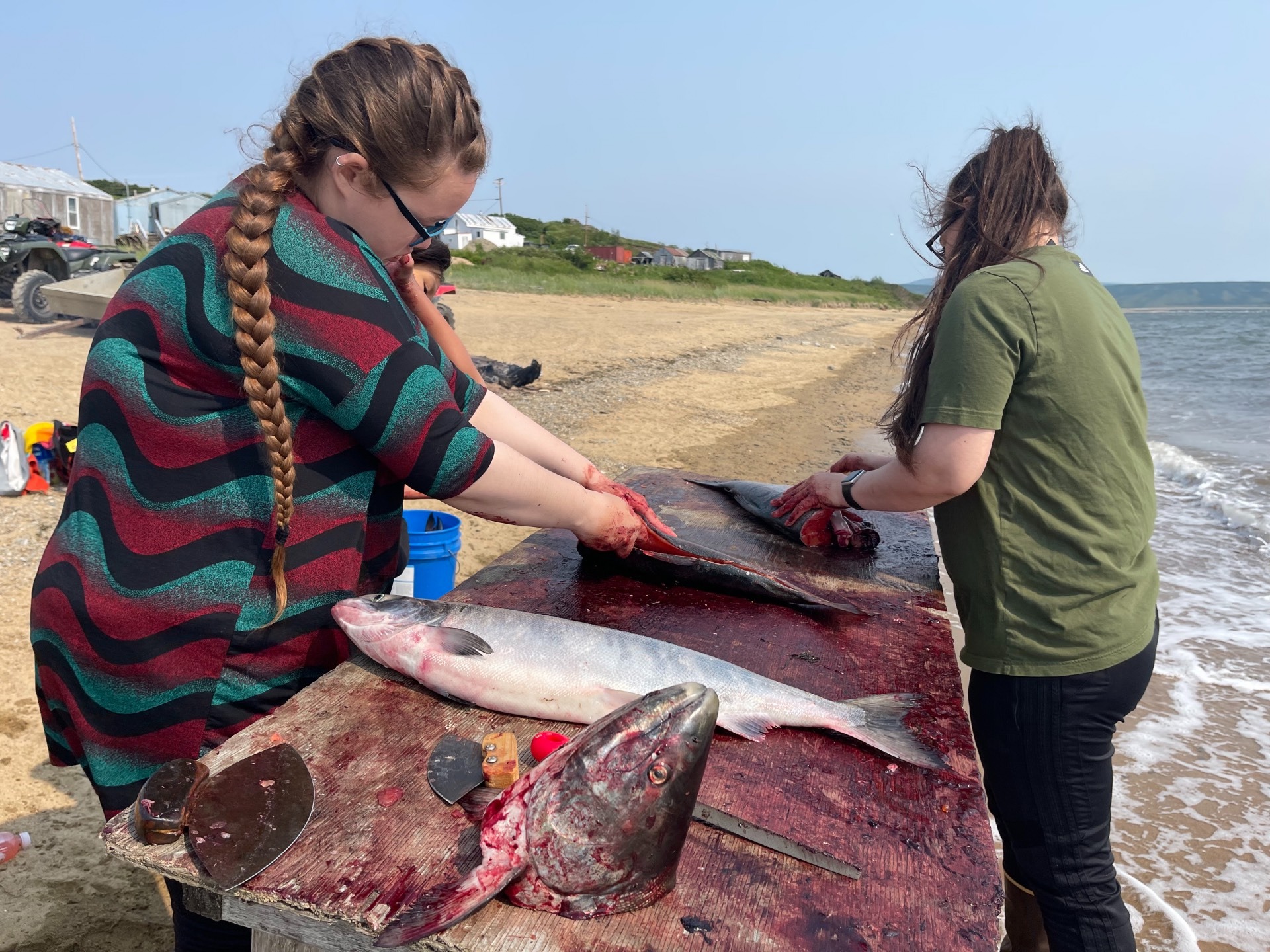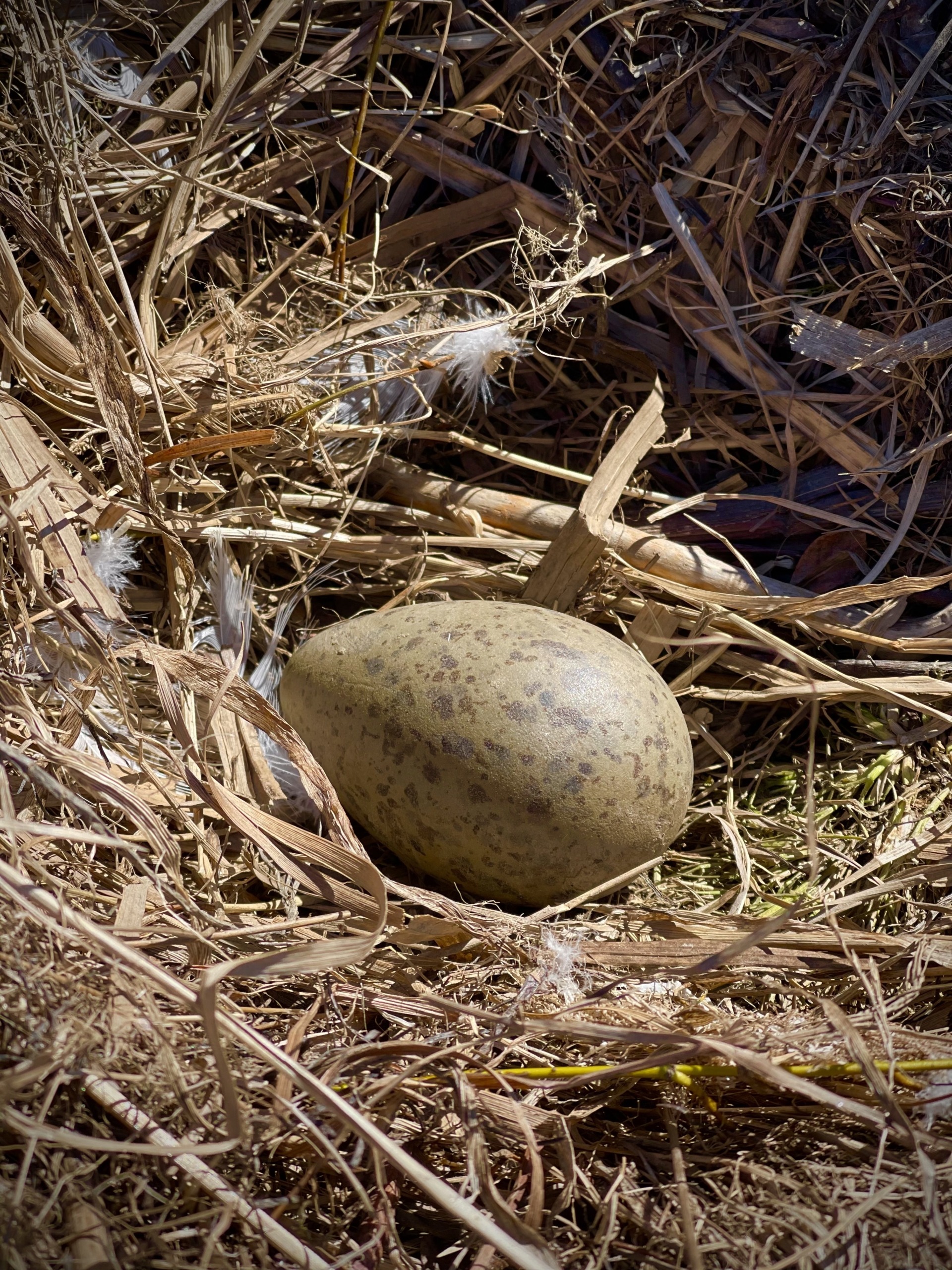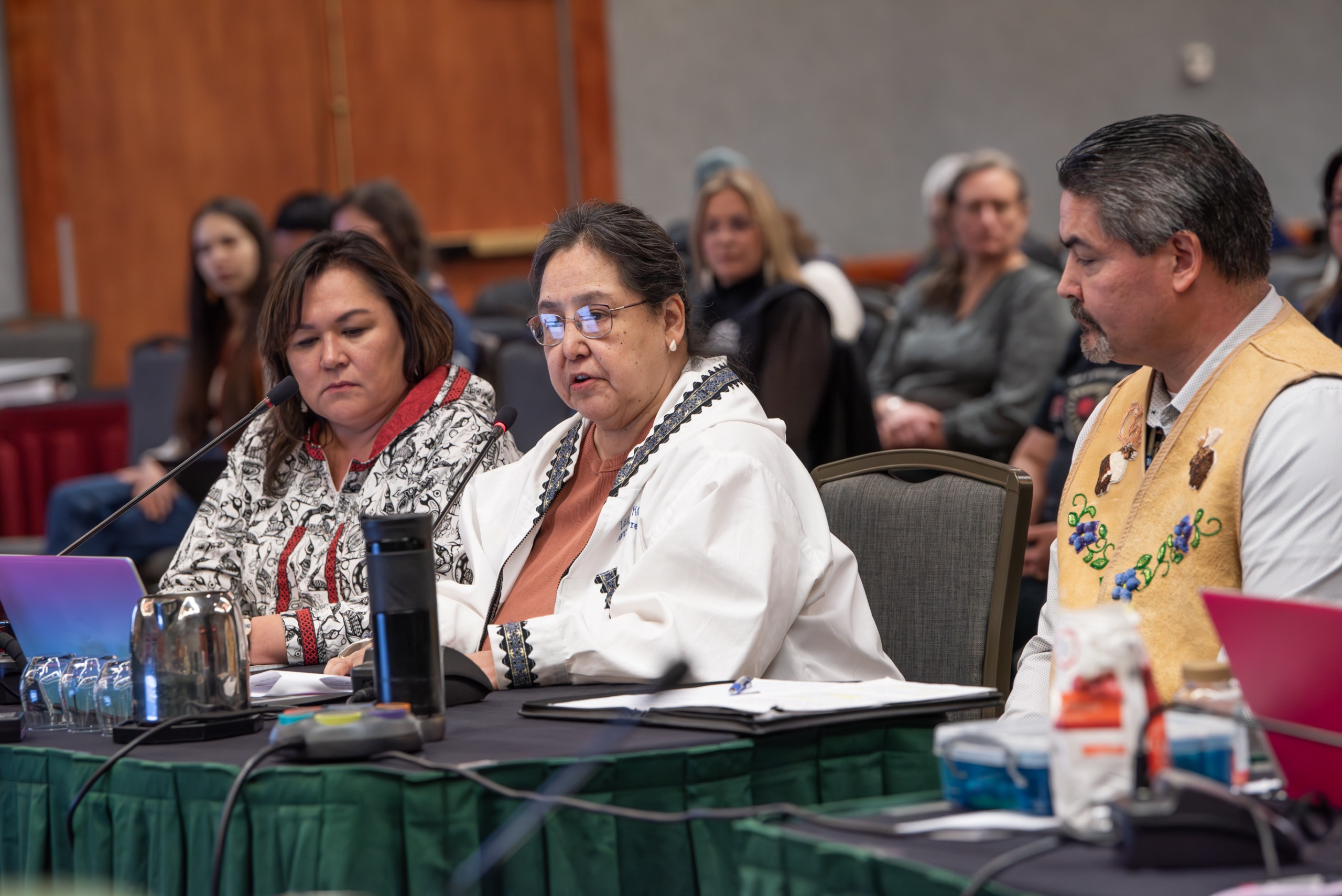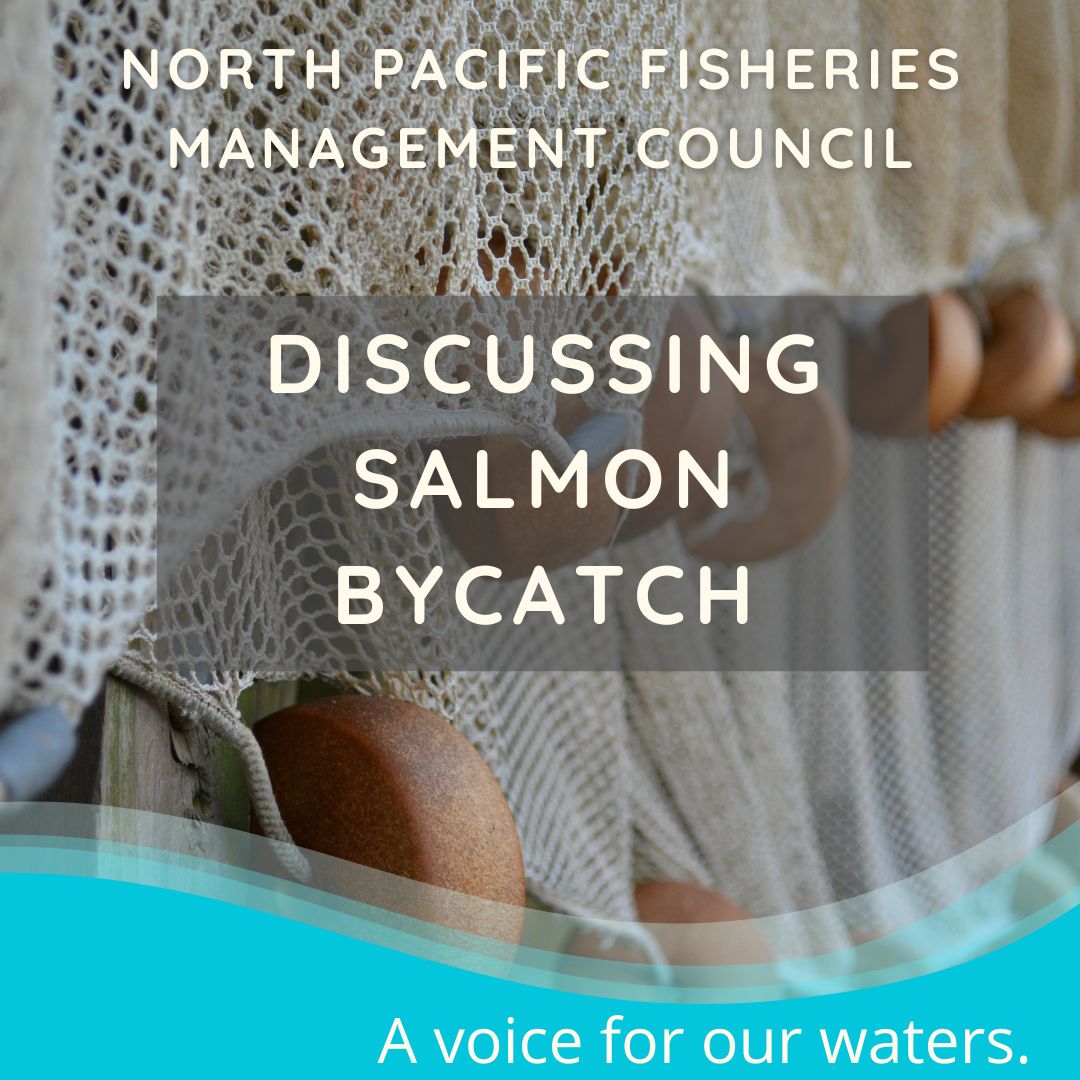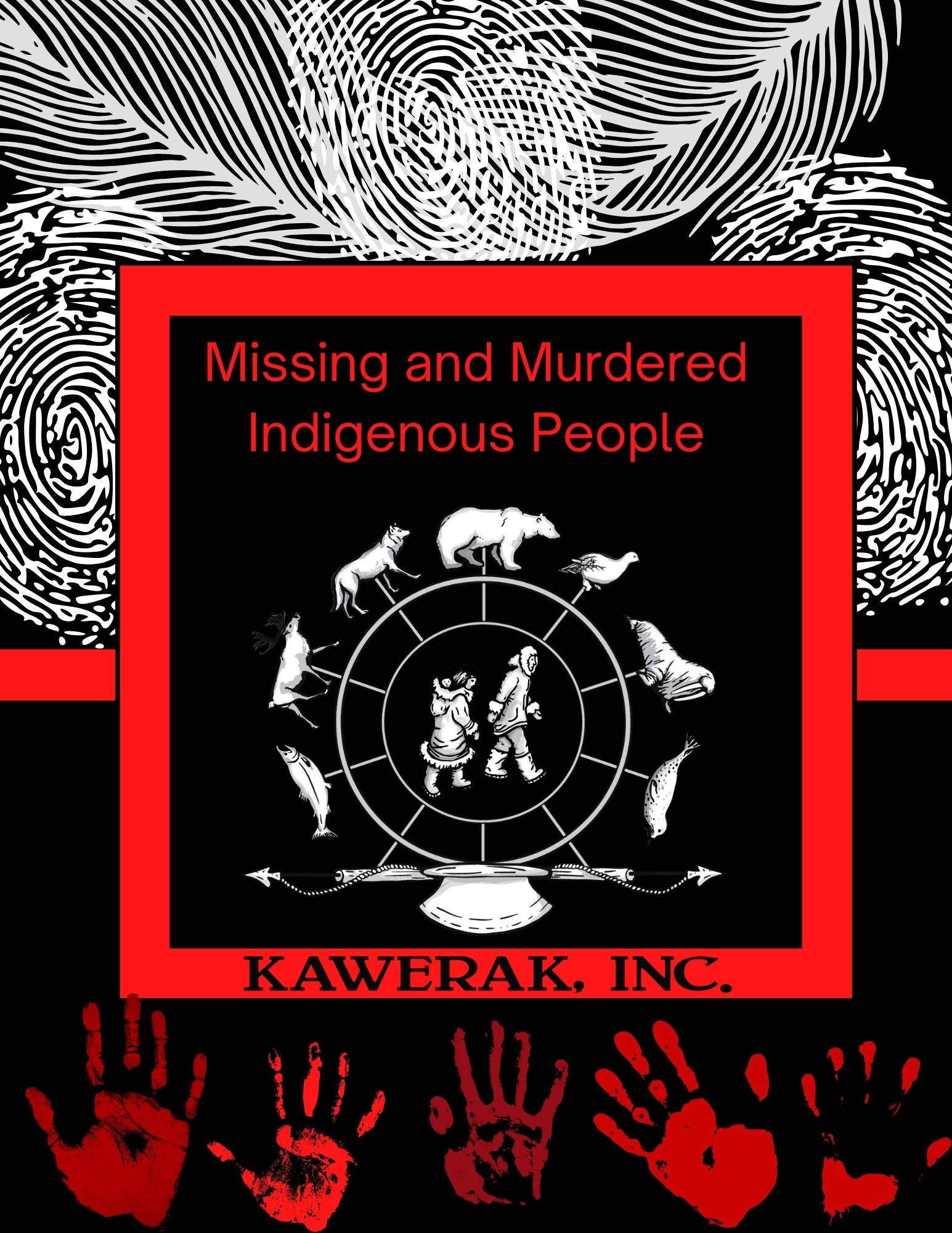Indigenous voices need amplification as our home, the Arctic, faces unprecedented changes that are already having substantial impacts on the lands and waters where we live and eat. Governing bodies are making decisions without input from our communities; they haven’t experienced the impact of a poor fishing season, or an inability to continue cultural practices passed down from generations.
Our voices are needed at the decision-making level. It is imperative that the voices, perspectives, and knowledges of Bering Sea Indigenous peoples are included in fisheries decision-making and planning, and that Indigenous people have access to bodies such as the North Pacific Fishery Management Council (NPFMC) and the ability to effectively participate in them. In order to support our Tribal members who wish to engage, the Kawerak Social Science Program, with a generous grant from the First Nations Development Institute initiative to protect Bering Sea ecosystems, will provide training and support.
Ideally, Indigenous people would have designated voting seats on the NPFMC, which is not currently the case (though we have long been advocating for this via changes to the Magnuson-Stevens Fishery Conservation and Management Act). In the absence of designated seats, it is crucial that Indigenous people engage with the NPFMC and its bodies regularly and consistently through written and oral testimony, to have a say over management actions in, and impacting, our traditional lands and waters. The NPFMC process is complex and can be difficult to understand. In addition, it is extremely expensive to participate in their process due to high travel costs and the sacrifice of time away from our home communities and subsistence activities.
With the funds from First Nations Institute, Kawerak will hold 2 trainings prior to NPFMC meetings, for up to 15 Tribal members per meeting. These trainings will cover information such as:
- An overview of the NPFMC (e.g., structure, membership,management authority)
- The logistics of participating in the NPFMC process and related bodies (e.g., Scientific and Statistical Committee, Advisory Panel)
- How to prepare effective written and oral testimony
- An overview of major fisheries issues
- Opportunities for participants to develop testimony, practice testimony delivery, and receive feedback
Staff will also provide in-person support during the NPFMC meetings for participating Tribal members, assisting with real-time issues, such as where to go for testimony.
Historically (and currently), the NPFMC has inadequately sought, invited, and equitably included Tribal knowledges into their process and decision making. The Traditional Knowledge of our Tribes must be incorporated into Bering Sea fisheries management if true ecosystem based fisheries management (EBFM) is to occur and if equity is to be achieved. (References “The incorporation of traditional knowledge into Alaska federal fisheries management” and “https://kawerak.org/download/article-a-framework-for-co-production-of-knowledge-in-the-context-of-arctic-research/”.) In addition to this being an important environmental issue, it is also a crucial social justice issue. The decisions made at the NPFMC have the potential to directly impact the ability of Indigenous peoples and Tribes to access traditional resources and impact the health and sustainability of the ecosystem we are a part of and rely on.
Kawerak currently has funds from the Moore Foundation and the Walton Family Foundation to carry out work related to the North Pacific Fishery Management Council (NPFMC), for which we are grateful. Now with additional funding from First Nations Development Institute (www.firstnations.org) we are eager to expand those efforts and further develop advocacy resources amongst our Tribal members, which aligns with our mission of “Advancing the capacity of our people and Tribes for the benefit of the region.”
If you are interested in or have questions about this training please contact Julie Raymond-Yakoubian at juliery@kawerak.org or 907.443.4273.

